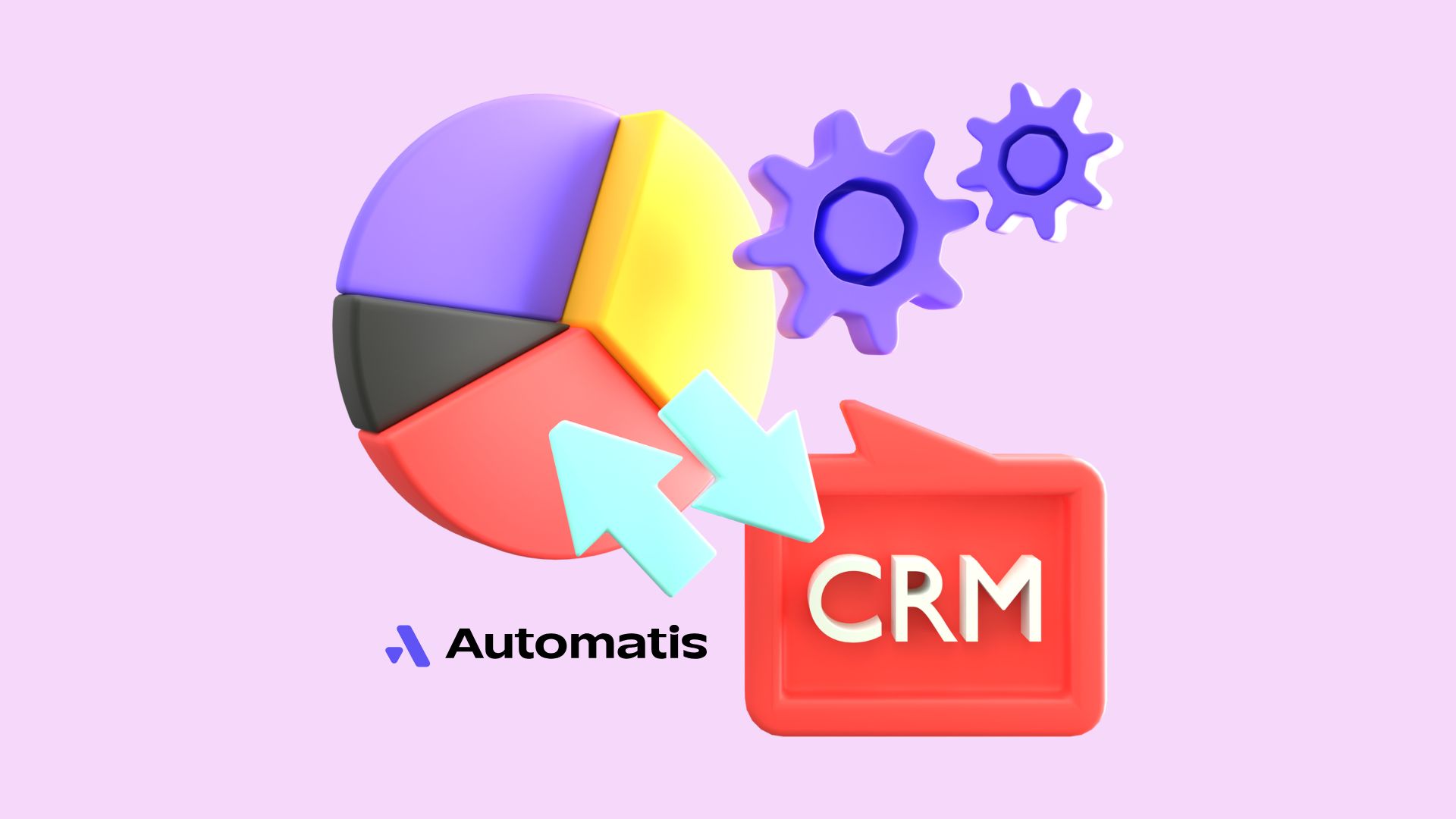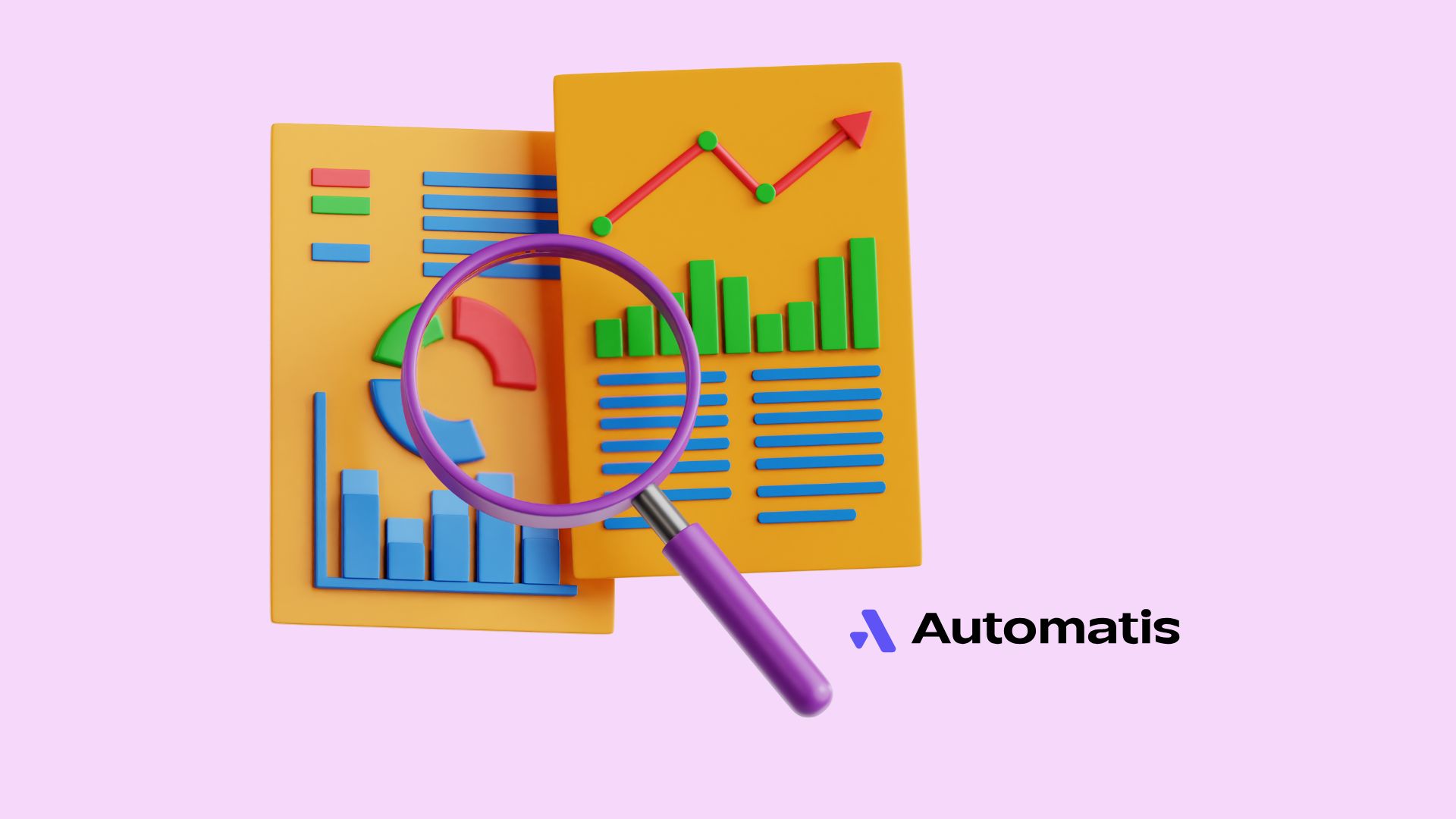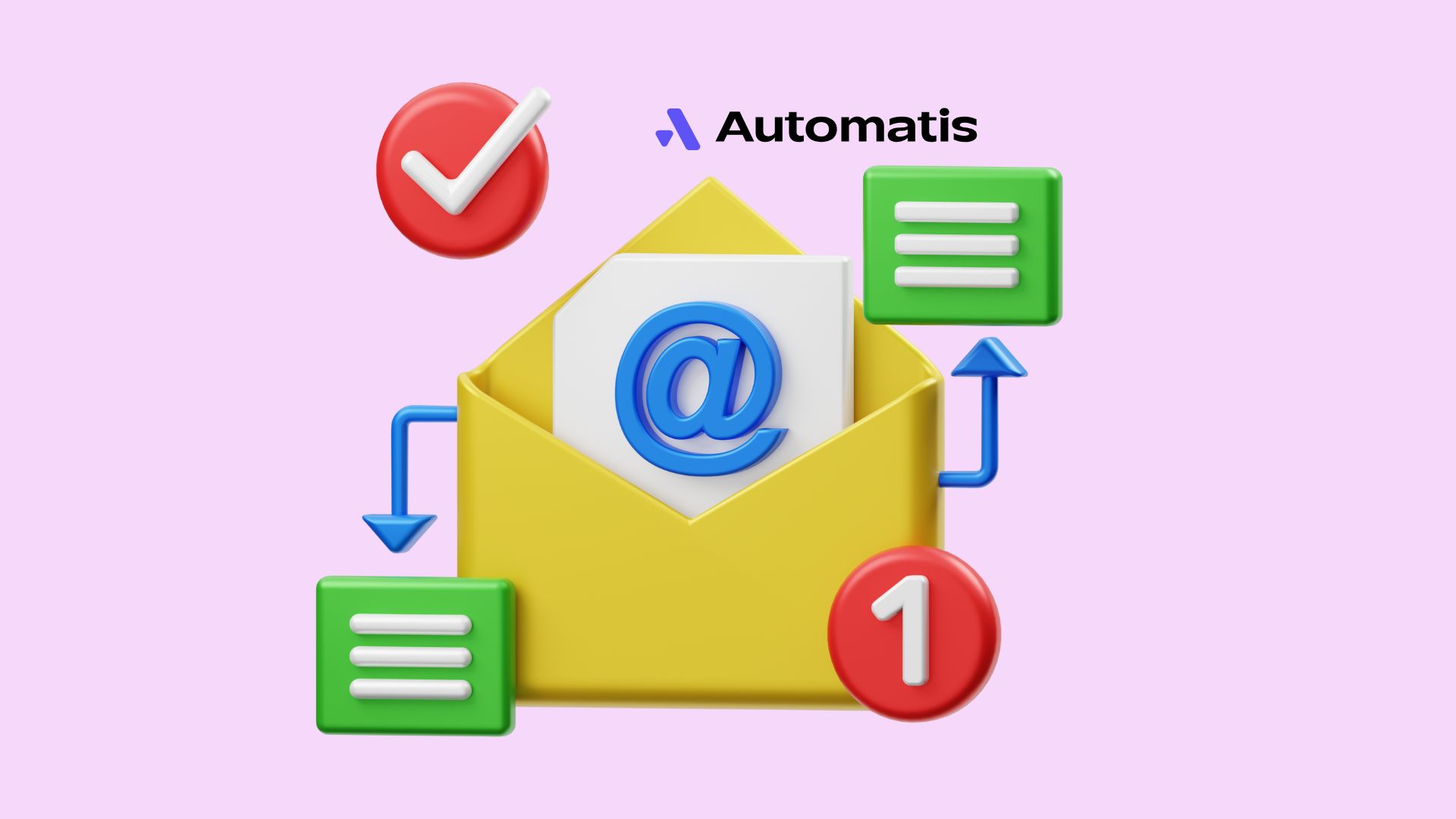In today-s digital-first world, managing customer relationships effectively is critical for business success. Customer Relationship Management (CRM) systems play a central role in this process, helping businesses track interactions, manage sales pipelines, and improve customer satisfaction. But with the addition of Artificial Intelligence (AI), CRM systems become even more powerful.
Integrating AI tools into your CRM system can unlock new levels of efficiency, personalization, and data-driven decision-making. Let's explore how businesses can harness the combined power of AI and CRM to deliver exceptional customer experiences.
Understanding AI and CRM Integration
What Is CRM?
CRM, or Customer Relationship Management, refers to software solutions that help businesses manage interactions with customers and prospects. Popular platforms like Salesforce, HubSpot, and Zoho CRM allow companies to track leads, analyze sales data, and streamline communication.
Role of AI in CRM Systems
AI enhances traditional CRM systems by automating tasks, analyzing vast amounts of customer data, and generating actionable insights. Features like chatbots, sentiment analysis, and predictive analytics make CRM systems smarter and more efficient, helping businesses anticipate customer needs and deliver tailored solutions.
How AI and CRM Work Together
When integrated, AI and CRM systems create a unified platform where data flows seamlessly. AI processes this data to generate insights, predict trends, and automate workflows. For instance, AI can automatically score leads based on their likelihood to convert or suggest the best time to follow up with a prospect.
Benefits of Integrating AI Tools with CRM
Enhanced Customer Insights
AI analyzes customer behavior and preferences in real-time, providing businesses with detailed insights. These insights enable personalized marketing, sales strategies, and customer support, improving engagement and loyalty.
Improved Productivity
By automating repetitive tasks like data entry and lead assignment, AI frees up valuable time for sales and support teams. This allows them to focus on building relationships and closing deals, rather than getting bogged down in administrative work.
Better Decision-Making
AI-powered predictive analytics enables businesses to forecast sales trends, identify potential risks, and optimize strategies. With data-backed insights, decision-making becomes faster, more accurate, and impactful.
Improved Customer Experience
AI tools like chatbots ensure customers receive quick, personalized responses to their queries, enhancing satisfaction. Additionally, AI-powered CRMs allow businesses to anticipate customer needs, making interactions more meaningful and relevant.
Steps to Integrate AI Tools with CRM Systems
Step 1: Evaluate Your CRM Needs
Start by identifying pain points in your current CRM workflows. Whether it's automating lead management or improving customer support, understanding your needs will guide the integration process.
Step 2: Choose the Right AI Tools
Research AI tools compatible with your CRM platform.
Step 3: Plan the Integration Process
Develop a roadmap outlining objectives, workflows, and KPIs. This ensures the integration aligns with your business goals and sets clear expectations for success.
Step 4: Implement the Integration
Use APIs or third-party connectors to link AI tools with your CRM system. Many platforms offer native integrations, simplifying the process. For more complex integrations, consulting with IT experts may be necessary.
Step 5: Train Your Team
Educate employees on new AI-driven features and workflows. Provide hands-on training and address any concerns to ensure smooth adoption and effective use of the integrated system.
Step 6: Monitor and Optimize
Continuously track system performance and user feedback. Refine AI algorithms and CRM workflows to maximize efficiency and address any issues that arise.
Key AI Tools for CRM Integration
Chatbots for Customer Support
AI-powered chatbots, like Zendesk-s Answer Bot, handle routine customer inquiries efficiently, freeing up support agents for complex tasks.
Predictive Analytics Tools
Tools like Einstein Analytics help businesses anticipate customer needs, forecast sales, and optimize marketing strategies.
Sentiment Analysis and Customer Feedback
AI tools analyze customer feedback to gauge sentiment, helping businesses address concerns proactively and improve loyalty.
Marketing Automation with AI
Platforms like Marketo and HubSpot use AI to automate email campaigns, segment audiences, and deliver personalized content.
Challenges in AI and CRM Integration
Data Privacy and Security Concerns
Ensuring data compliance with regulations like GDPR is critical. Work with trusted AI providers and implement robust data protection measures.
Technical Complexities
Integrating AI tools with existing CRM systems may pose challenges. Choose scalable solutions and seek expert assistance for seamless implementation.
Balancing Automation and Personalization
Avoid overly robotic interactions by blending automation with human-driven customer engagement strategies.
Conclusion
Integrating AI tools with CRM systems is a transformative step for businesses seeking to enhance efficiency, decision-making, and customer satisfaction. By leveraging AI-powered insights and automation, companies can build stronger relationships and deliver exceptional experiences.
As AI continues to evolve, the possibilities for CRM integration are boundless, promising smarter, more intuitive systems tailored to the needs of modern businesses.









